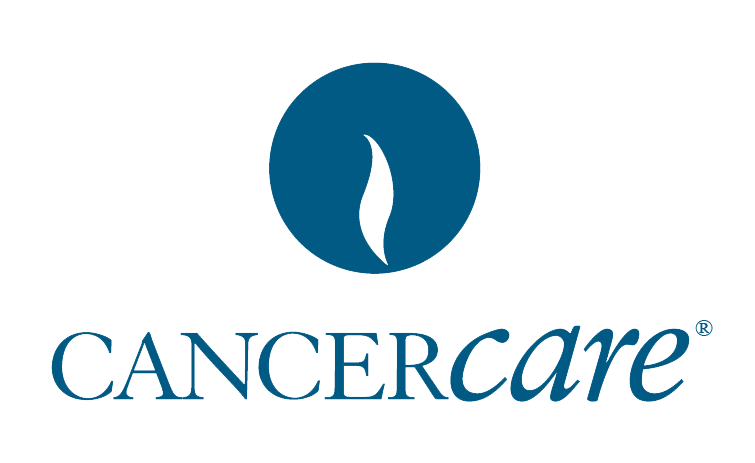
Creating Safe Spaces for LGBTQIA+ Patients With Cancer

Oncology nurses and APPs can help reduce discrimination faced by patients with cancer who are members of the LGBTQIA+ community.
Months before his assassination in 1978, Harvey Milk proclaimed, “It takes no compromise to give people their rights….It takes no money to respect the individual. It takes no political deal to give people freedom. It takes no survey to remove repression.” Milk was asking those with privilege and power to recognize their responsibility in protecting the dignity and worth of all people facing oppression. A small group of individuals can make a tremendous impact on the lived experiences of many.
In the United States, medical professionals hold positions of power that influence how patients with cancer navigate the health care system. Members of a care team, including doctors, nurses, pharmacists, social workers, and patient navigators, can provide patients with critical understanding, assurance, and guidance. Interpersonal skills such as compassion, empathy, listening, open communication, and honoring the needs of each person can enhance the comfort level of patients while coping with the uncertainty of cancer.1
Patients who identify as members of the LGBTQIA+ (lesbian, gay, bisexual, transgender, queer, intersex, asexual, and all sexual and gender minority people) community face multiple layers of trauma that endanger their safety. A cancer diagnosis is just one of many life-threatening forces experienced by this community due to the perpetuation of prejudicial and persecutory treatment. In 2024 alone, 533 bills were introduced in the United States aiming to limit rights and protections for the LGBTQIA+ population per data from the American Civil Liberties Union.2
According to a study by the Center for American Progress, LGBTQIA+ individuals are more than twice as likely to
Following are several suggestions for creating inclusive environments promoting safety and equity in health care systems.
Ask Relevant Questions
With limited resources and a heightened demand on the health care system, medical professionals are faced with time constraints that impact the quality of care for each patient.4 As a result, there may be an instinct to move through each patient interaction quickly to keep up with the demand. Though time may be short, it is important for practitioners to provide patients with the opportunity to disclose essential information about themselves.
A question as simple as, “Are there any identities or additional insights into your everyday experience that you think would be important for me to know?” can help patients feel empowered and recognized. It can also be beneficial to ask patients if they feel comfortable sharing any harmful encounters with health care professionals they have had in the past to prevent future mistreatment. Additionally, consider preconceived notions or biases that may impact how you word a statement or respond to a patient.
Respect Identities & Practice Acceptance
After asking
Continue Learning
While life as a health care professional is busy, make time to enhance your knowledge on topics relating to LGBTQIA+ patients. In addition to reviewing published studies, organizations such as the National LGBTQIA+ Health Education Center provide learning opportunities for developing skills that help provide affirming treatment. An enduring commitment from individual health care providers to recognize their role in protecting the LGBTQIA+ community can result in safe, inclusive, and transformative care.
References
- Prip A, Møller KA, Nielsen DL, Jarden M, Olsen MH, Danielsen AK. The patient-healthcare professional relationship and communication in the oncology outpatient setting: a systematic review. Cancer Nurs. 2018;41(5):E11-E22. doi:10.1097/NCC.0000000000000533
- Mapping attacks on LGBTQ rights in U.S. state legislatures in 2024. American Civil Liberties Union. Updated December 6, 2024. Accessed June 5, 2025. https://www.aclu.org/legislative-attacks-on-lgbtq-rights-2024
- Smith C, Norris H. The LGBTQI+ community reported high rates of discrimination in 2024. Center for American Progress. March 12, 2025. Accessed June 5, 2025. https://www.americanprogress.org/article/the-lgbtqi-community-reported-high-rates-of-discrimination-in-2024/
- Porter J, Boyd C, Skandari MR, Laiteerapong N. Revisiting the time needed to provide adult primary care. J Gen Intern Med. 2023;38(1):147-155. doi:10.1007/s11606-022-07707-x
- Alpert AB, Mehringer JE, Orta SJ, et al. Transgender people's experiences sharing information with clinicians: a focus group-based qualitative study. Ann Fam Med. 2023;21(5):408-415. doi:10.1370/afm.3010
Newsletter
Knowledge is power. Don’t miss the most recent breakthroughs in cancer care.


































